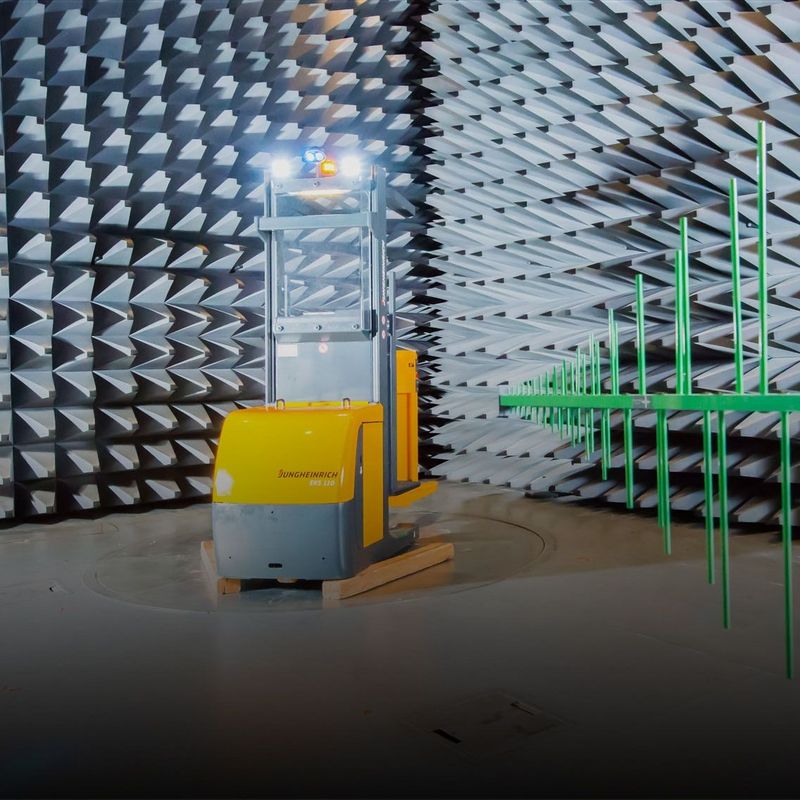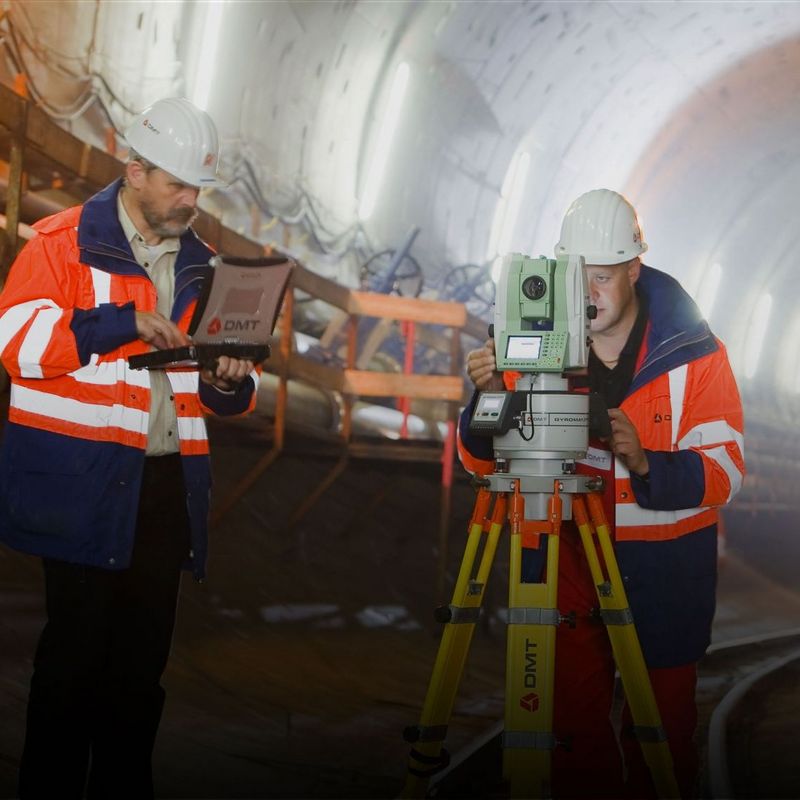Quality and customer satisfaction are the decisive criteria for the success of a company. The basis for these criteria has for the last three decades been the ISO 9001 standard, which has recently been adapted to current developments. What this means is explained by Klaus Oberste Lehn, head of the certification body at TÜV NORD CERT.
What does ISO 9001:2015 stand for?
The standard issued by the International Organization of Standardization (ISO) is synonymous with the continuous improvement process in companies. Organisations should use the latest revision of the standard from 2015 as an opportunity to develop their quality management (QM) system, as well as to question existing structures and processes. ISO 9001:2015 can pave the way to a practical, sustainable and modern management system.
The standards in the DIN EN ISO 9000 series were introduced back at the end of the 1980s. What role does the digitalisation of a company today, thirty years later, play in supporting quality assurance and management?
The cupboard full of documents about the quality management system has been a thing of the past for quite some time now. The precursor to digitalisation has in principle been in place in organisations since the introduction of customer relations management (CRM) systems - software developed specifically for customer care. What is new is the comprehensive networking of information. The new revision of ISO 9001 offers organisations more flexibility in implementing their management system. The standard thus continues to conform to the business realities of today, where documentation is mostly displayed on Pcs or via the Web. What’s more, the new structure of the series of standards provides the basis for a response to the new requirements - including environmental management (ISO14001: 2015), information security management (ISO 27001) and IT security (IEC 62443). Companies are in this way well set for international competition.
In an intelligently networked world, the Internet of Things is taking hold almost everywhere. If, for instance, machines or vehicles are automatically swapping information, values such as confidentiality, integrity and availability must be clearly safeguarded in the organisations and unauthorised encroachments from the outside, such as cyber-attacks, must be avoided. Here it doesn’t matter whether the tests concern products, processes or systems. IT security will in the future take its place alongside established cornerstones of testing, such as functional or mechanical safety, as an essential element of the overall view.
How does TÜV NORD test whether processes within a company are operating as well as they can?
The methods currently used are the inspection of documents in paper and digital form, and audits that take place on the premises of the organisations. Within the framework of the possibilities offered by digitalisation, TÜV NORD is going to continuously develop its testing and certification activities - taking into account the international requirements of accreditation authorities and bodies - in order to be able to offer digital audits as a possible testing methodology in the future.
YOU MAY ALSO LIKE
ABOUT KLAUS OBERSTE LEHN
© TÜV NORD
Klaus Oberste Lehn is head of the certification body at TÜV NORD CERT, a company of the TÜV NORD GROUP. TÜV NORD CERT is a service provider for the comprehensive testing and certification of products, services and management systems on the basis of national and international requirements and standards. Klaus Oberste Lehn passes on his expertise in quality management systems and regulatory affairs as a lecturer to students in the Department of Electrical Engineering & Information Technology at the University of Düsseldorf.



